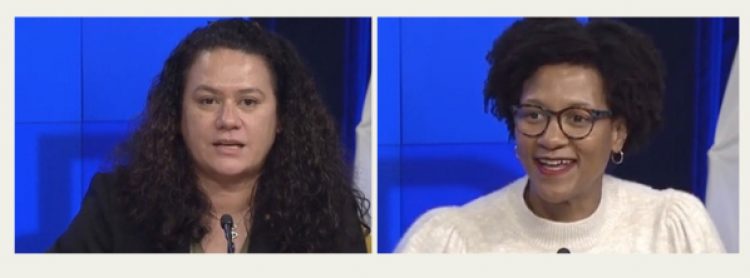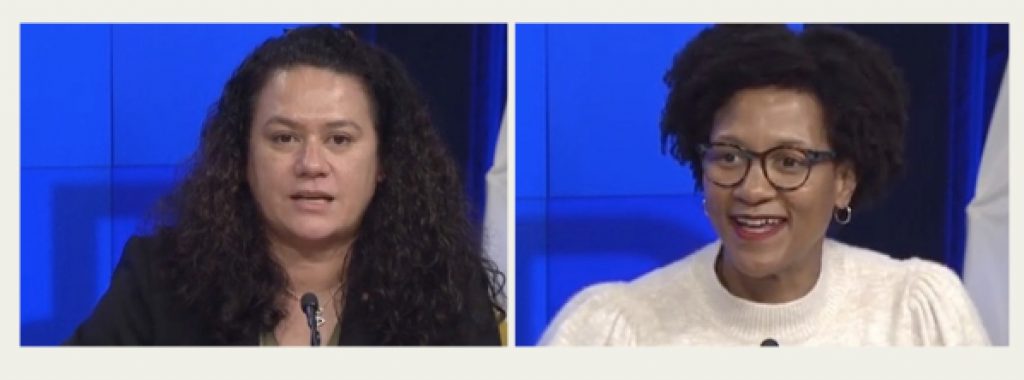Environment
Short Takes
Georgia’s new data center rule increases local controlDecember 1, 2025

By David Pendered
Dec. 19 –A recent HUD panel on the influence of institutional investors on the housing market featured a Georgia Tech researcher and the mayor of College Park.
Their inclusion on the panel underscores HUD’s recognition of the Sunbelt in general, and metro Atlanta in particular, as a hotspot for institutional investors to buy houses and keep them as rentals. Panelist Bruce Katz described rental housing as an “asset class that has emerged and accelerated and deepened in the post-pandemic period.” Katz may be best known as an advisor on cities and metros from well before his service in the first Obama administration.
To begin, a working definition of an institutional investor is the type of well-funded entity that began purchasing houses as investment instruments during the mortgage foreclosure crisis that started in 2007, at the dawn of the Great Recession. These investors use the wealth of pension funds, hedge funds and foreign corporations to grow into a market niche that had been dominated by locally owned mom-and-pop companies.

The two local panelists who added the metro Atlanta perspective were Elora Lee Raymond, an assistant professor in Tech’s School of City and Regional Planning, and College Park Mayor Bianca Motley Broom. They participated in the Dec. 6 quarterly update hosted by HUD’s Office of Policy Development & Research. The webcast is available here.
Raymond’s research into institutional purchases of houses has been featured in publications including The Economistand The New York Times Magazine. Broom has been cited nationally for her role in the issue, including the city’s decision to block an investment company’s proposal to develop a build-to-rent residential development on land the city owned.
Raymond outlined findings from her research as she built to her fourth and final point:

Broom offered a personal perspective on the situation, noting that her own life story includes starting a business with money borrowed from equity in her own residence. Broom also cited the impact institutional investors are having on a city where three-quarters of the city’s some 13,000 residents rent their home. Some owners are accepting the cash offers of institutional investors who are raising the rents, Broom indicated:
The preemptive legislation to which Broom referred would ban local governments from regulating the long-term rental of dwellings. A bill to this effect was introduced this year in the House this year, but House Bill 1093 did not advance. The sponsor later was named chair of a House study committee that evaluated long-term rentals as part of a broader evaluation of the state’s supply of housing. The committee’s final report did not include any specific recommendations for laws to be considered in the session of the General Assembly that begins Jan. 9, 2023.
The HUD discussion coincides with a surge this year of recognition of, and interest in, the topic. Examples include the state legislative committee that heard testimony in October about the growing footprint of equity investors in Georgia’s housing stock, and a discussion at the June 1 meeting of the Atlanta Regional Housing Forum.
HUD Secretary Marcia Fudge set the stage for the panel discussion with her pre-recorded opening remarks. They were intended to characterize the advantage institutional buyers have over individual buyers:
Fudge noted HUD is resisting the trend with its portfolio and said additional measures are needed to preserve access to dwellings by individual buyers:

0